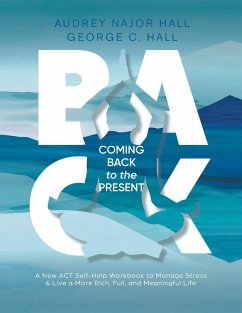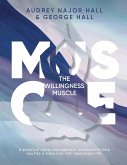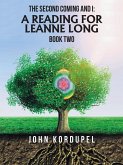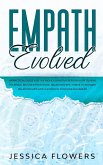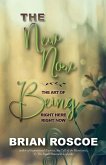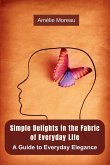In Coming Back to the Present, you learn how to practice proven mindfulness skills, which you can use to live a more rich, full, meaningful life. As a mindfulness-based program for stress reduction based on more than 20 years of research and practice at some of the best hospitals in the United States, such as the Hospitals of the University of Pennsylvania, the University of Michigan Medical Center, and the US Department of Veteran's Affairs, you will learn to cope with stress using proven mindfulness, acceptance, and behavior change strategies. These mindfulness-based techniques will allow you to change your behavior - without first changing or eliminating your thoughts and feelings. This is an important difference between our book and many other self-help books. Unfortunately, this belief (e.g., you must change your thoughts before you change your behavior) is a common error many make, which obstructs and obscures your ability to recognize positive results. In contrast, our focus here is on learning and practicing only the most useful, helpful, effective coping strategies, which work for you in the long-term. To do so, we recommend that you build nine core skills, your starting repertoire, which help you build a special awareness - that you have a choice when you are under stress: you can come back to the present moment, here, or stay in the past or future, there. By practicing the techniques in this workbook, you can accomplish the following: Develop awareness, compassion, loving-kindness, generosity, curiosity, openness, gratitude. Give yourself opportunities to experience safer, more pleasant interactions and experiences in all areas of your life. Feel more confident and better about yourself, gain more hope. Develop an 'I can do anything I set my mind-to' attitude. Practice exercises are provided to help you learn and apply a broad range of different mindful-creative exercises and meditations: Concentrative meditations Creative meditations Grounding and centering meditations Heart-centered meditations Mantras Mindfulness meditations Movement meditations Reflective meditations, and Visual meditations The exercises, many written as poems by author and poet, Audrey Hall, provide a rich tapestry of metaphors images and stories to highlight this topic in a fun and accessible fashion. The poems are followed by intriguing, reflective questions to challenge you, inspire you, and outline concrete steps you can take to bring these insights into your everyday life. A self-survey is included, which you can use to help assess, monitor, and measure your progress. The survey provides a professional, statistical reliable and valid measure of your skills. Each question on the survey was certified by a statistics institute and determined to have significant impact. Using the survey, you are encouraged to chart your progress and recognize the gains you have made from beginning to end. The next book in this series, a companion text which continues the discussion, The Willingness Muscle, is now available.
Hinweis: Dieser Artikel kann nur an eine deutsche Lieferadresse ausgeliefert werden.
Hinweis: Dieser Artikel kann nur an eine deutsche Lieferadresse ausgeliefert werden.

